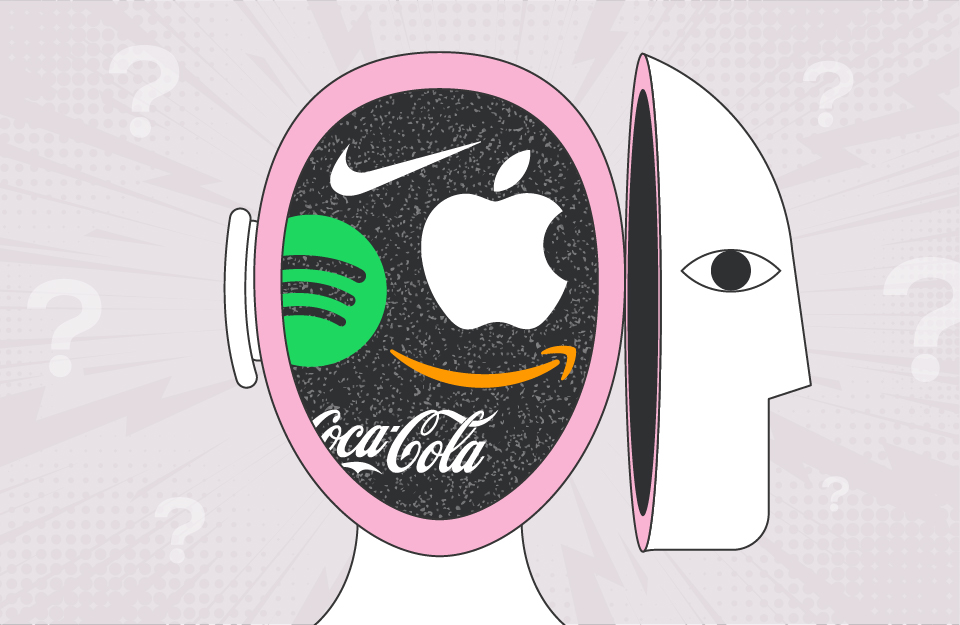Mental Health. It’s a term that, even in 2018, carries a lot of stigma. It’s not talked about, or it’s talked about negatively and the various charities and brands trying to raise awareness might feel like they’re in a constant up-hill struggle. Recently the marketing industry was highlighted as having a particularly high occurrence of mental health issues– but why is that? And how can marketers actually help to resolve these issues across other industries?
The nature of marketers
Marketing is a great industry to work in, but it’s not really surprising that 30% of people in the industry say they’ve experienced mental health issues because of their job. It’s an industry where financial risk, shifting deadlines and tight budgets are an everyday occurrence and the average marketer will be involved in (or in control of) several campaigns and projects simultaneously. While working with multiple clients and projects can be the best part of the job, if the pressure gets past the productive point, it can spell disaster for mental health. And stress is most common reason for taking extended time off– which is costly for business.
But other industries have stressors- why are marketers in particular affected? Sometimes campaigns just don’t perform the way you thought they would for no ascertainable reason. It has happened to some extent to every marketer out there. And it’s hard not to take it personally, especially if the base idea for the campaign is yours. Marketing is also one of the few industries where you are solely responsible for large amounts of client budget early on in your career. That can be a lot of responsibility from both the business and yourself that can easily become too much to handle, especially for those early in their career.
While marketers might be at a higher risk of mental health issues because of their career, they could also be key in the push for change that is highlighted by Mental Health Awareness Week.
How can marketers help?
Mental Health Awareness Week runs from 14–20 May and this year, the campaign is focusing on stress, something marketers are intimately familiar with. The very nature of their industry could mean that marketers are best placed to promote good mental health and reach out to those who may need help.
A huge part of marketing is knowing your target audience and what they’ll respond best to. This encompasses everything from the messaging itself to the social platforms, events or media a person is likely to frequent- and this is where marketers really thrive. Helping to raise awareness of the great resources out there for those who are struggling is something that comes as second nature to marketers. Outreach could be as an online campaign, or even in the workplace– your marketing team is in the best position to advise on how you can engage with any audience on the subject.
Taking a proactive approach to mental health is key and engaging with people who understand culture and getting messages to a target audience can only be good. If you’d like to find out about our proactive and elastic approach to marketing, get in touch.




